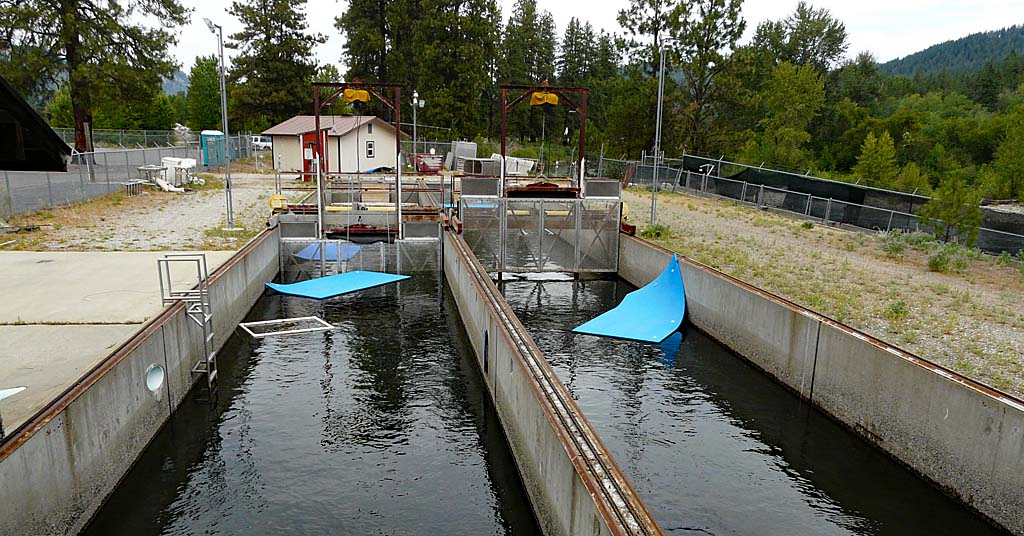Labor’s reasoning blasted
Published 8:44 am Thursday, March 7, 2013

- Mitch Lies/Capital Press Rep. Kurt Schrader, D-Ore., gives the opening address to participants in the 2013 Harvesting Clean Energy conference Jan. 27 in Corvallis, Ore.
‘There are a lot of egregious things that they did not answer’
By MITCH LIES
Trending
Capital Press
A U.S. Department of Labor response to why it employed “hot goods” tactics in investigating alleged wage and hour violations on Oregon blueberry farms last summer was insufficient, Rep. Kurt Schrader, D-Ore., says.
The Feb. 8 response from Mary Beth Maxwell, acting deputy administrator for the USDOL, “did not answer our questions,” Schrader said.
“It was a standard, stock answer,” Schrader said. “They did not address any of the due-process issues we dinged them on.
“There are a lot of egregious things that they did not answer,” he said.
Six members of Oregon’s seven-member congressional delegation posed several questions to Secretary of Labor Hilda Solis in an Aug. 17 letter regarding the agency’s use of the hot goods provision of the Fair Labor Standards Act on perishable goods.
Trending
The provision gives the agency authority to seek a court injunction stopping shipment of goods produced under conditions that violate the act.
Under threat of a hot goods injunction, three Oregon blueberry farms signed consent decrees prepared by DOL admitting guilt. Growers signed despite the fact violations were never substantiated, according to Dave Dillon, executive vice president of the Oregon Farm Bureau.
The farms ultimately paid just under $240,000 in fines and back wages to resolve the issue.
Schrader said the department’s use of the hot goods provision on the blueberry farms was “egregious.”
“The act was never intended for use on perishable goods,” he said.
“This is a clear expansion of their regulatory authority,” Schrader said.
In the Aug. 17 letter, the delegation asked, “Why does the DOL ask employers to waive rights for future findings of fact or law in its consent judgments?” and “What opportunity is there for an employer to respond without having his/her perishable crop under threat?”
DOL responded that the three farms, Pan-American Berry Growers, B&G Ditchen Farms and E&S Farms, “voluntarily held shipment of the produce that was picked connected to the FLSA violations.”
And DOL wrote, “An employer has the right and opportunity to present arguments and evidence to the federal court in opposition to the Department’s motion for an injunction.”
That remedy ignores the fact that a perishable commodity such as blueberries would rot before the court could render a decision, Schrader, a member of the U.S. House Agriculture Committee, said.
DOL said in its letter the agency’s investigators “identified minimum wage violations, when growers allowed multiple workers to hand pick berries on a single employee’s ticket and then paid only one worker the piece rate for each pound picked.”
Schrader said he has learned the department based that allegation on no other evidence but the belief that it is impossible for one worker to pick a certain number of pounds in a day, when in reality, it has become commonplace for workers to match and exceed that rate.
DOL wrote that “more than 1,100 workers were found to be impacted by the growers’ improper wage practices.”
The letter also stated the department “uses its prosecutorial discretion to pursue a hot goods injunction … generally when it believes that it will help achieve compliance in a particular case.”
Schrader said he and other members of Oregon’s congressional delegation “will continue to push for answers to our questions.”
“If not, we’ll look at legislation to rein in these rogue investigations,” he said.
Fellow Oregon Democratic Reps. Peter DeFazio and Suzanne Bonamici, Rep. Greg Walden, R-Ore., and Oregon Democratic Sens. Ron Wyden and Jeff Merkley signed the Aug. 17 letter.









